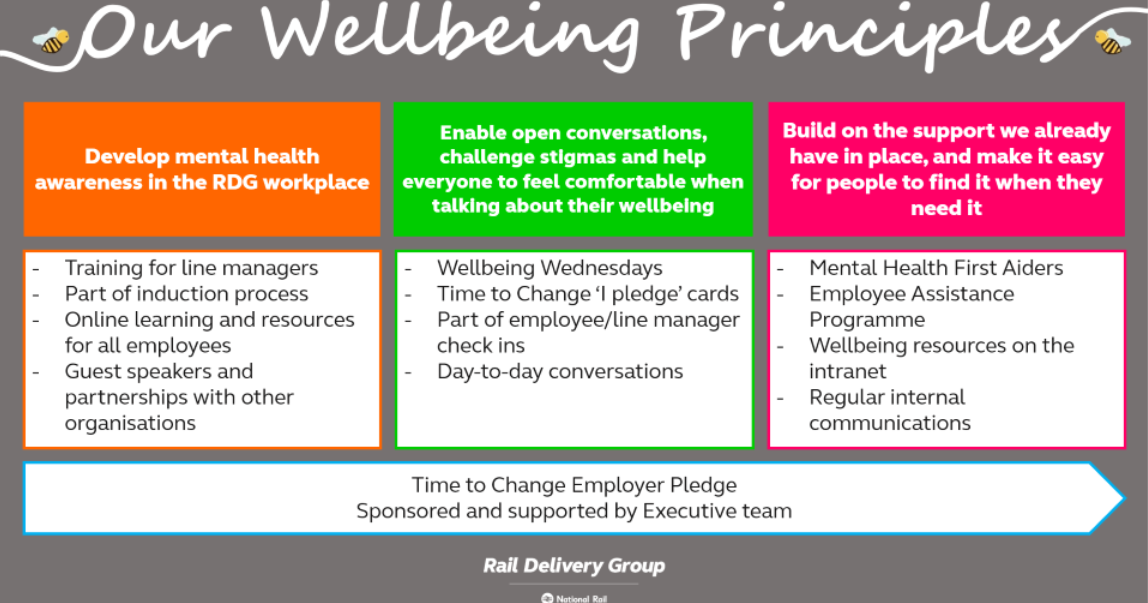Time to Talk Day – why conversations matter more than ever
One of the biggest consequences of the Covid-19 pandemic, aside from the tragic loss of life, is the toll it has taken on our mental health.
The months of social isolation; of normality being stripped back to its bare essentials; of spending longer than ever before in front of a screen. And that’s not even to mention the children who’ve spent far too long away from their friends. People’s mental health has been impacted in ways we have never seen before and yet it’ll be months, maybe even years before we see the true effects. The mental health system in the UK was already buckling under the weight of demand and waiting lists will continue to grow as people begin to seek the support they need.
And that’s why days like Time to Talk Day are so essential.
Life after Covid-19 won’t go back to ‘normal’. Those who have spent months isolated from their friends and family won’t necessarily be cured as soon as they are allowed to reunite. Those with existing anxieties will have had those exacerbated by the fear of getting sick from being around other people. And we must work to educate ourselves on how to have those difficult conversations and be there for those who might just need us.
What is mental health?
Mental health is complex. It is defined by the World Health Organisation as “a state of well-being in which the individual realises his or her own abilities, can cope with the normal stresses of life, can work productively and fruitfully, and is able to make a contribution to his or her community”. We all have mental health, in the same way we all have physical health. It exists on a spectrum and is never constant. Poor mental health could be a diagnosable illness, such as depression or anxiety, or bipolar disorder, or obsessive compulsive disorder. These may require treatment and for some there is no cure, just lifelong management. But poor mental health can also be a response to a trauma, to loss or to change. And sometimes, there is no obvious reason. And sometimes it isn’t obvious at all. Some people can be seen to be functioning completely normally, and yet under the surface they are struggling with demons unbeknown to the rest of the world.
The role of the workplace in facilitating these conversations
RDG’s Mental Health Awareness Group was set up in May 2019 and their work has always been guided by three principles:
- Develop mental health awareness in the RDG workplace
- Enable open conversations, challenge stigmas and help everyone to feel comfortable when talking about their wellbeing
- Build on the support we already have in place, and make it easy for people to find it when they need it

Developing mental health awareness is an ongoing process – we are getting there but we still have a long way to go. We must continue to educate ourselves and each other and invest in supporting people to have these conversations. Manager training will play a role in this, but sometimes we must accept that people won’t want to talk to their managers, so we must ensure everyone feels enabled to have these conversations in case they are needed to support a colleague.
Mental health conversations aren’t easy. Sometimes they are difficult to navigate and can be incredibly triggering. We have to ensure there is a network of people who understand if you call them and say ‘I just had a really tricky conversation’.
At RDG we have trained Mental Health First Aiders. They aren’t trained to diagnose; they are trained to listen. To be the first source of support when a colleague decides they are ready to open up. In the same way as a physical first aider would stem the bleeding until the ambulance arrives, an MHFA is there to listen and signpost to that next level of support. But MHFAs aren’t just there in times of crisis. First aid doesn’t have to be an emergency, it can be as small as a five-minute conversation which could help your colleague start to open up about what they are going through.
Why does this matter and what can you do to help?
So why is this important? We know there is a mental health crisis, so why do we need to keep talking about it? Because we know the professional system is under considerable pressure and professional help could take months, or even years to materialise. Those who are the sickest are prioritised and those who are struggling but don’t meet the ‘in danger’ criteria must wait in line until there is room in the system for their treatment to begin.
And all the while, we must be there for each other.
We have a duty to educate ourselves. Mind and Samaritans have a wealth of FREE resources – from what mental health illnesses are, to how to have some of those more difficult conversations. If all you do is listen, while someone talks, believe me you have made a difference. By allowing that person the space to air how they feel, by not judging, by not saying ‘oh it could be worse’, you have helped. You might get it wrong sometimes and that is okay. It is better to be there and try rather than ignore the problem because you don’t know what to say. You may find yourself on the receiving end of someone who isn’t ready to talk yet and that is okay. Just remind them that you will be there when they are ready.
This year will present the rail industry with challenges as it recovers from the pandemic and looks to build to the future. And we must be ready to support each other through whatever change lies ahead. If we don’t, we might just come out of one crisis straight into another.